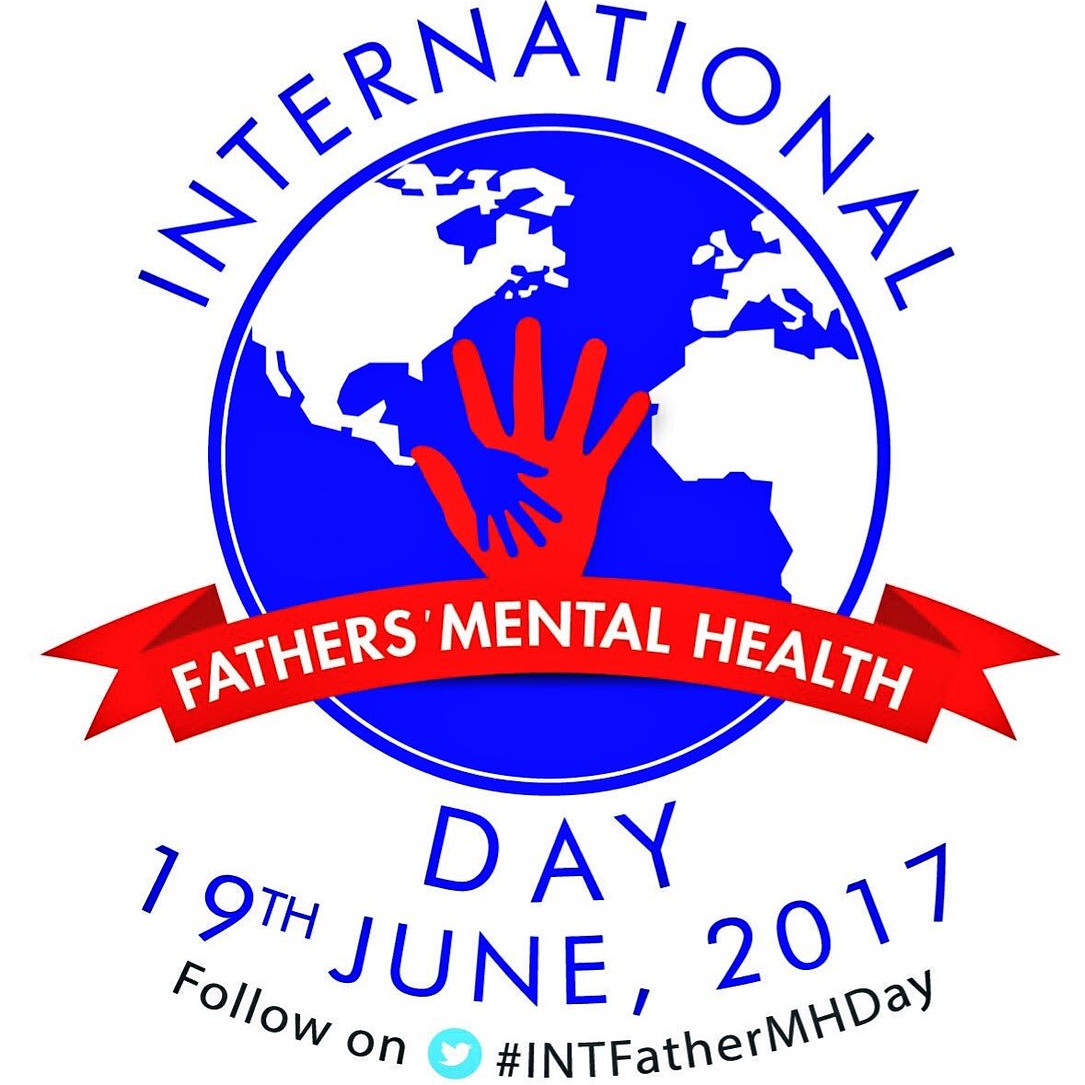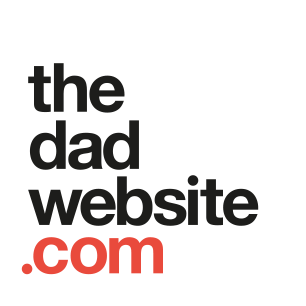My Wife Had Postnatal Depression… And So Did I
My wife got taken to theatre for an emergency C-section for the birth of our son. It was a traumatic experience and I was obviously scared – I thought she was going to die! – but both Michelle and Ethan were OK, thankfully. But what became apparent soon after was that Michelle was suffering from anxiety and depression.
I remember at the time having dreams about how both my loved ones had died in the theatre and having vivid thoughts about the knives on the table next to me. I would wake up thinking it was all real, but little did I know just how real things would get when Michelle went on to have severe postnatal depression.
I was 30 years of age and had never known anyone with the illness. I was so uneducated about mental health that I’d think: “How can people be depressed?” But within weeks I had to give up my job to care for Michelle and Ethan. I’d loved the social side of my work and now I was totally isolated; I didn’t even get out the front door for days. My personality quickly changed and I was drinking more to cope. I became angry, to the point that when I did manage to get out with friends I wanted to fight the doorman to get hurt and stop these feelings I was getting in my head. I even broke my hand after punching the sofa – totally out of character – when Ethan was about six months. I was now having suicidal thoughts and couldn’t control them.
I had to be strong and look after her – look after them both. But the truth is that I wasn’t well, either. And one day I realised what was happening to me: I had postnatal depression. And both the traumatic birth and my wife’s PND were huge factors in me feeling that way.
The problem is that at the time I didn’t feel like I could talk to anyone, I was brought up in a working-class community where my father and his fathers were coal miners. I had to “man up”.
I couldn’t tell my wife how I was feeling as I didn’t want it to impact on her mental health.
Michelle’s postnatal depression lasted around 18 months and the not knowing how long she would be unwell for was the hardest part. And of course, it affected our relationship, which may well have ended as happens to so many families with no early prevention during this time.
I couldn’t tell Michelle how I was feeling as I didn’t want it to impact on her mental health. I didn’t want it on my medical records either as I loved working and providing for my family.
I suffered mood changes for years after until, sadly, my grandfather died, and then, within a few weeks, my beloved mother to cancer. Again, I was getting these thoughts and nightmares until in 2011, while sitting in my car before going into work, I had a breakdown.
I phoned an organisation called Mental Health Matters Wales and was told to seek help and embraced everything as I didn’t want my son to be fatherless. I feel he may have possibly saved my life. While under the community mental team I was diagnosed with ADHD. If I’d spoken out I would also have been diagnosed with PTSD at the birth. Looking back, the only easy way to describe my depression during the 12-month postnatal period is: no conception or baby, no depression. Looking after a partner with postnatal depression can also have a major factor, too. I didn’t bond during the first weeks of Ethan’s life as his birth had been traumatic to us and I was just relieved they were both alive. But there wasn’t an overwhelming feeling of love that I was expecting. I felt I was different as a father even then.
Now both myself and my wife are fine and we have a great bond with our son. But it’s important that we use our story to raise awareness – we need to get the message out there and let people (men and women) know that although this can happen, and that help is available.
Click on this link for videos of Mark’s awareness campaigns, and interviews with mental health experts.


